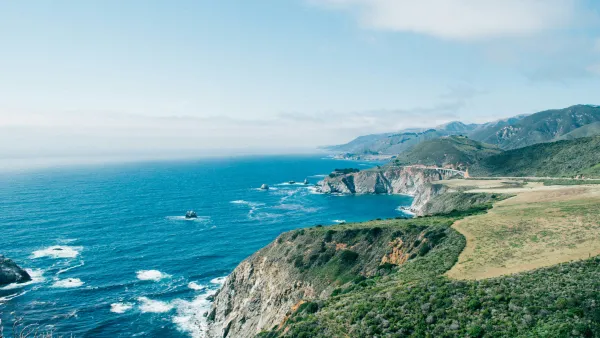Bronwen Konecky, assistant professor in the Department of Earth and Planetary Sciences, received the Nanne Weber Early Career Award from the Paleoceanography and Paleoclimatology Section of the American Geophysical Union (AGU). The award recognizes significant contributions in these fields from researchers within 10 years of completing their PhDs. Honorees are selected on the basis of outstanding research impact, interdisciplinary work, leadership, and mentoring.
Konecky’s nomination and selection for the award reflect her excellence in all four areas. In her nomination letter, Konecky’s colleagues highlighted her work at the cutting edge of an emerging research area that combines available paleoclimate data with climate models, employing novel methods and encouraging broader collaborations between researchers. Konecky and her lab investigate changes in the global water cycle, particularly in the tropics, using geochemical proxies they measure in lake sediments, analyses of modern rainwater, and experiments with climate models.
Konecky is also the founder and lead coordinator of the Iso2k Project, part of the Past Global Changes (PAGES) initiative, in which she organizes the efforts of scientists from around the world to assemble a database of paleoclimate records from the past 2000 years. This unprecedented resource will eventually support topical analyses as well as big data approaches.
Beyond her research contributions to the field, Konecky is recognized for her commitment to peer mentoring, which she describes as critical to building morale and retaining people in science. “For people at my level, first or second year professors, especially women, this is a make-or-break time,” Konecky said. “There are a lot of people at my level or slightly more junior who are involved in the research I do, so I try to have a supportive place for them. Sometimes the people who have the best advice for you are the people who just went through it themselves.”
Konecky’s nominators described her as “an unwavering female role model,” “a person who builds up and supports her peers,” and “a kind, calm, and honest presence in the lives of young scientists, especially in the most stressful situations.”

